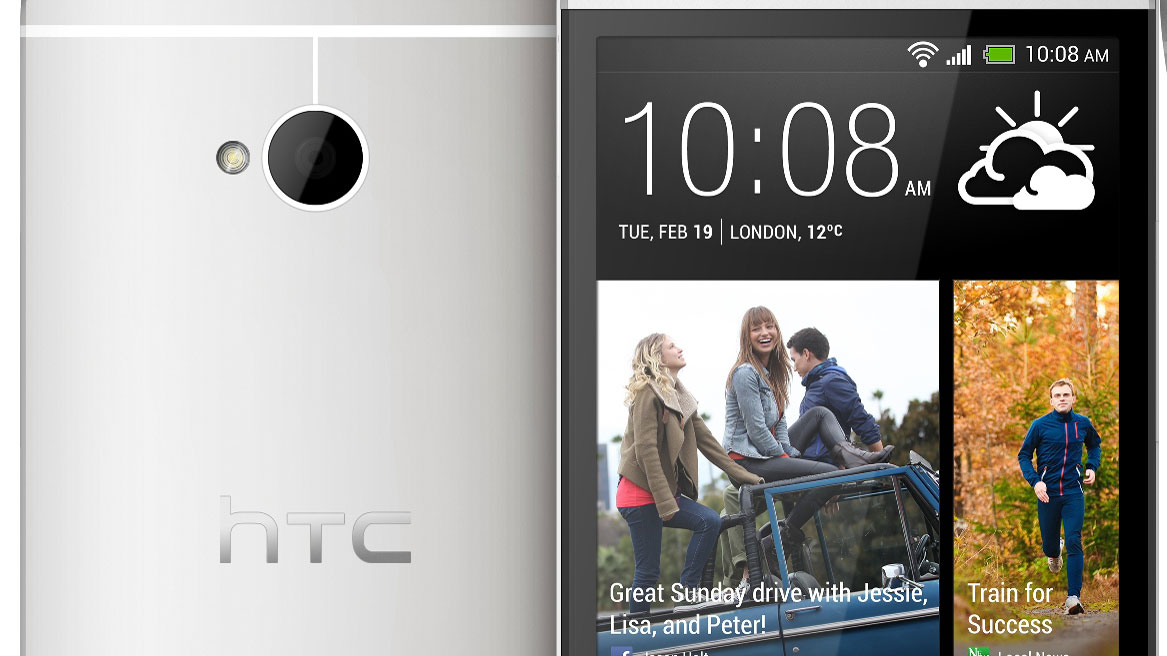HTC to miss target for One roll out, pushes it to April instead
Problems for HTC persist

Mobile retailer Clove revealed today that it won't start selling the HTC One in the U.K. on March 15 as previously announced, and in the process opened up a Pandora's box of revelations about the phone's global availability.
Turns out the delay affects all global shipments - all, that is, except O2 in Germany.
"We will start fulfilling pre-orders by end of March in certain markets and will roll out to more markets as we approach April," HTC said in a statement sent to TechRadar.
Clove's announcement pinned the phone's U.K. launch on March 29, though HTC offered no specific shipping date for pre-orders.
What gives?
HTC's brief statement and Clove's website-posted words gave nothing by way of explanation for the April roll out. The only clue we have to go on comes from Clove, signaling that the root of the issue stems from the phone maker:
"We apologise for this delay, but you will appreciate that this is out of our control," read Clove's post.
March was pegged as the target time for the One to reach a number of markets, however an exact U.S. release date was never revealed.
Get daily insight, inspiration and deals in your inbox
Sign up for breaking news, reviews, opinion, top tech deals, and more.
Investment bank KGI Securities claimed to have information that certain components of the new phone, including its signature camera module, were in short supply.
Supply issues for the camera or other parts are likely the culprit here, but we'll update this story when and if we receive official word.
Though no press is bad press, with Samsung's impending Galaxy S4 launch, HTC might want to kick up some positive news for its new phone ASAP.
Michelle was previously a news editor at TechRadar, leading consumer tech news and reviews. Michelle is now a Content Strategist at Facebook. A versatile, highly effective content writer and skilled editor with a keen eye for detail, Michelle is a collaborative problem solver and covered everything from smartwatches and microprocessors to VR and self-driving cars.
